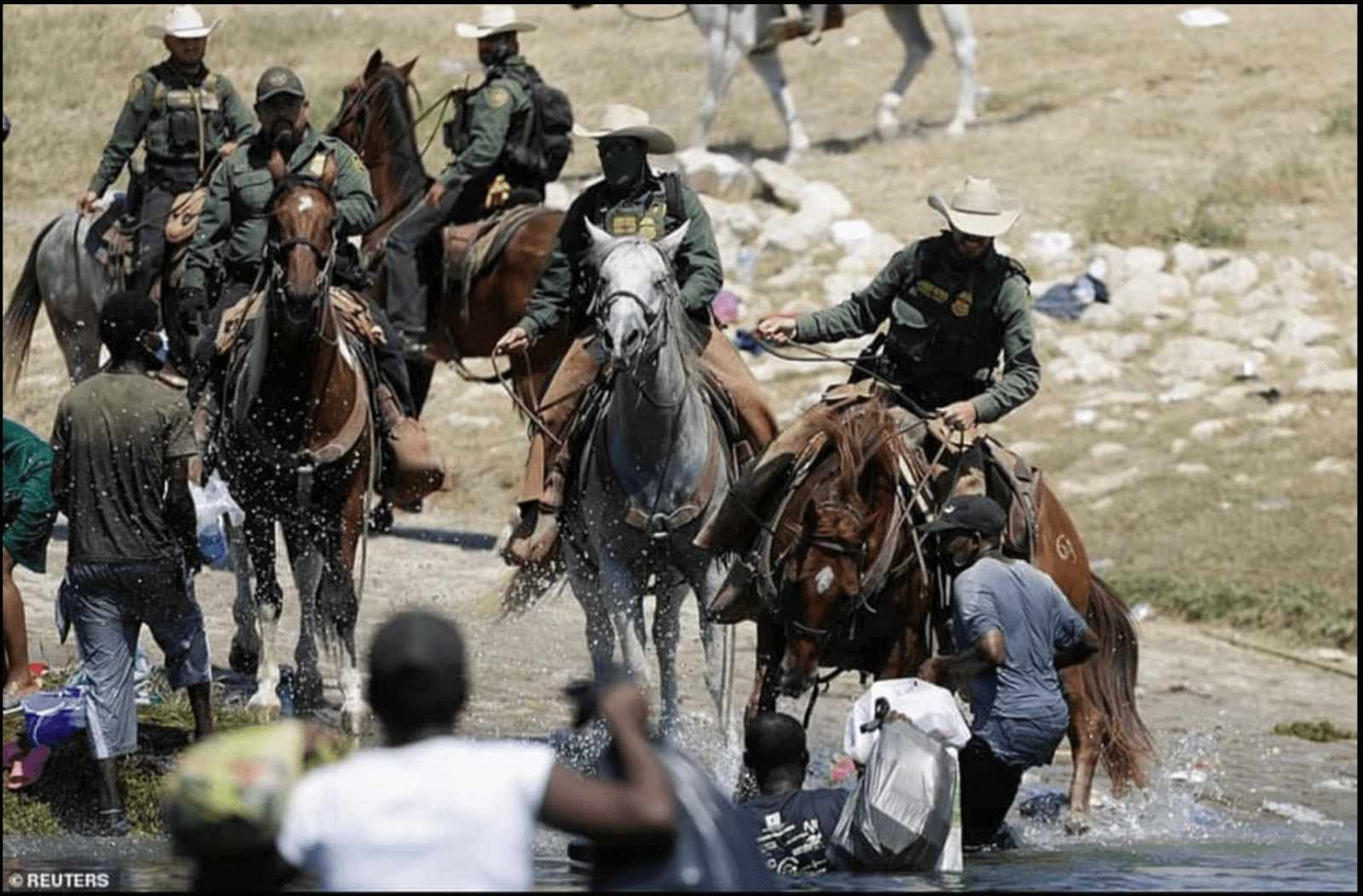Donald Trump’s proposal to deport immigrants to third-party nations has encountered significant resistance, with multiple countries expressing strong opposition.
A detailed NBC investigation, as cited by The New Republic, outlines the former president’s plan to deport immigrants to third countries, even if their home nations refuse to accept them. This audacious strategy targets destinations such as the Turks and Caicos Islands, the Bahamas, Panama, and Grenada—countries potentially ill-equipped to manage a large influx of migrants. This presents a significant challenge to Trump’s controversial mass deportation initiative, which he has described as “the largest deportation operation in American history” ahead of his anticipated January 20 return to office.
This policy threatens to cause severe humanitarian consequences, potentially leaving thousands of individuals permanently displaced in unfamiliar territories with no cultural or historical ties.
Immigration experts warn that such measures could lead to an unprecedented humanitarian crisis with long-term implications for displaced populations and host nations alike. Furthermore, Trump’s expectation for Mexico to accept non-Mexican deportees is widely considered unrealistic by political and diplomatic analysts, given current tensions and Mexico’s limited resources.
The Bahamas has emerged as the first nation to explicitly reject this contentious plan, demonstrating resolute opposition. In a strongly worded official statement, the Bahamian Prime Minister’s office declared that they had “examined and firmly rejected the plan,” citing logistical and financial infeasibility.
Panamanian officials took a more neutral but noticeably reserved stance, refusing to engage directly with the proposal. A government spokesperson stated, “The Panamanian government does not respond to assumptions and rumors,” signaling their reluctance to commit.
Representatives from the Turks and Caicos Islands, Grenada, and Mexico have so far remained diplomatically silent, declining to respond to repeated NBC inquiries, according to The New Republic.
Legal Constraints and Historical Precedents
Under international law, including various conventions and treaties, no country can be compelled to accept deportees from another nation. During both Trump’s first administration and Joe Biden’s tenure, several nations—particularly in Africa—consistently refused to repatriate their citizens deported by the United States, forcing U.S. authorities to retain those individuals domestically.
Haiti remains a notable exception, having consistently accepted its deported citizens without objection.
Faced with growing international resistance and a lack of cooperation from targeted nations, critical questions arise: what alternatives will Donald Trump pursue if no nations agree to accept deportees? How does he plan to implement this sweeping initiative in the face of widespread international opposition?
Legal and Human Rights Opposition
Civil rights advocates, led by the American Civil Liberties Union (ACLU), are mounting strong opposition to this initiative, viewing it as a profound violation of fundamental human rights. “We previously challenged similar policies during Trump’s first term because they were unlawful and endangered asylum seekers,” said Lee Gelernt, an experienced ACLU attorney, in an interview with NBC. This legal opposition is grounded in established precedents and international standards protecting migrants’ rights.
During Trump’s first term, his administration faced numerous legal defeats over similar policies, many of which were deemed incompatible with international refugee and asylum laws. Legal professionals and human rights advocates have pledged to continue contesting these measures, which they consider both legally and morally indefensible.
A Controversial Election Promise
Despite these mounting challenges and growing resistance, Trump’s campaign remains unwavering in its commitment to the proposal. “The American people entrusted President Trump with the mission to halt illegal immigration, secure the border, and remove dangerous criminals and terrorists who threaten community safety,” said Karoline Leavitt, Trump’s campaign spokesperson, reaffirming the former president’s resolve to deliver on his contentious promise.
While this proposal is framed as a definitive solution to illegal immigration, it has sparked significant concerns on humanitarian, legal, and diplomatic fronts.
Growing Uncertainty
International law experts caution that implementing such a policy could result in multiple breaches of global conventions and treaties. With partner nations reluctant or outright refusing to cooperate, and in the face of escalating legal and humanitarian opposition, the feasibility of this controversial initiative appears increasingly uncertain.
Political analysts warn of potential long-term diplomatic repercussions, suggesting that the plan could further strain America’s relationships with neighboring countries and international allies.
The project’s logistical and financial feasibility raises additional questions, particularly regarding the immense cost such an operation would impose on American taxpayers.







